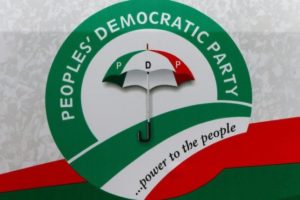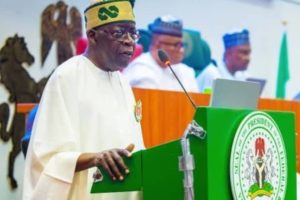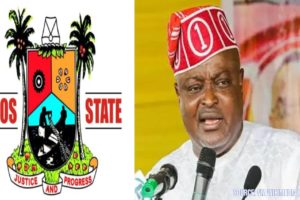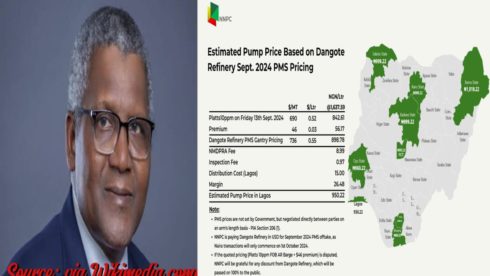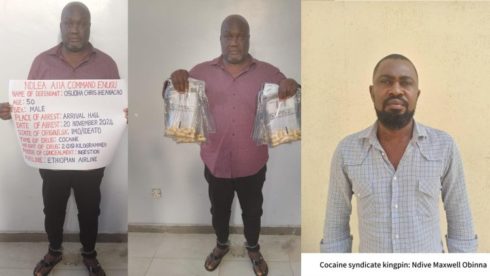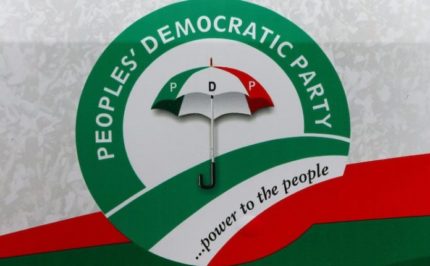NNPCL, Nigerian National Petroleum Corporation Limited confirmed that it has been procuring Premium Motor Spirit (PMS) from the Dangote Refinery at a rate of N898 per litre. This announcement sheds light on the ongoing supply chain of petrol in Nigeria and the dynamic nature of pricing under the Petroleum Industry Act (PIA). The NNPCL further expressed that any possible discount from the Dangote Refinery would be welcomed and passed on to Nigerian consumers.
Olufemi Soneye, the Chief Corporate Communications Officer of NNPCL, emphasized in the statement that PMS pricing is determined through a negotiation process between the company and Dangote Refinery, and not set by the government. The statement included estimated pump prices for September 2024 and clarified payment terms for future transactions.
Pricing Based on September 2024 Estimates
According to the statement, the NNPCL released the estimated pump prices of PMS based on September 2024 figures. These estimates are derived from their ongoing procurement arrangements with the Dangote Refinery, one of the most prominent suppliers of refined petroleum in the region. The current rate of N898 per litre reflects the international pricing conditions for crude oil, foreign exchange, and refinery operating costs.
NNPCL also reiterated that under the Petroleum Industry Act, prices are not government-controlled but are determined through direct negotiations. The company highlighted that it pays the Dangote Refinery in U.S. dollars for petrol sourced in September, with naira transactions set to begin by October 1st, 2024.
Petroleum Industry Act and Transparent Pricing Mechanism
Under the Petroleum Industry Act (PIA), introduced to reform the oil and gas sector, the Nigerian government no longer sets petrol prices. Instead, pricing is determined through negotiations between NNPCL and suppliers like the Dangote Refinery. This arms-length transaction model aims to promote competition and efficiency within the sector, ensuring transparency in the pricing process.
NNPCL’s approach aligns with global best practices, where market forces determine fuel prices. The company’s transparent declaration of its payment rates and terms with Dangote Refinery is designed to inform the public and reduce uncertainties in petrol pricing.
Naira Transactions to Commence in October 2024
In the statement, NNPCL confirmed that payment for petrol sourced from the Dangote Refinery is currently being made in U.S. dollars. However, from October 1st, 2024, the payment will transition to the Nigerian Naira. This shift marks an important milestone as the country moves towards full local currency transactions for its fuel importation and supply.
The decision to switch to naira payments is expected to ease foreign exchange pressures on the Nigerian economy, ensuring more stability in the country’s financial transactions. This move could also lower petrol prices for consumers, as the naira-denominated payments may lead to reduced costs for the NNPCL.
NNPCL Open to Discounts from Dangote Refinery
NNPCL has stated that it would be “grateful for any discount” provided by the Dangote Refinery. This potential discount, if offered, would directly benefit Nigerian consumers, as the NNPCL confirmed it would transfer 100% of the savings to the public. This openness to discounts showcases the NNPCL’s commitment to ensuring that consumers receive the best possible pricing for petrol.
The company is also positioning itself as an advocate for affordable energy solutions in Nigeria, aiming to pass any savings down the supply chain to end-users. In a climate where fuel prices are a critical issue for Nigerians, this could help to alleviate some of the economic pressures faced by consumers.
Estimated Pump Prices Across NNPC Retail Stations
Attached to the official statement, NNPCL included a breakdown of the estimated pump prices of PMS across its retail stations for September 2024. The pricing structure takes into account regional disparities in transportation, distribution costs, and other logistics. These estimates are crucial for consumers to understand how much they will be paying for petrol, with transparency being a top priority for the NNPCL.
The NNPCL also reassured the public that it remains committed to efficient fuel distribution, ensuring that stations are adequately supplied. By providing these estimates, the company seeks to maintain public trust in the face of fluctuating fuel prices and ensure smooth operations at all its retail outlets across the country.
Table of Contents
Discover more from OGM News NG
Subscribe to get the latest posts sent to your email.


